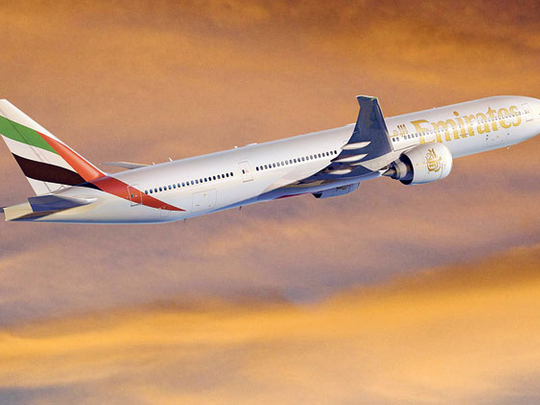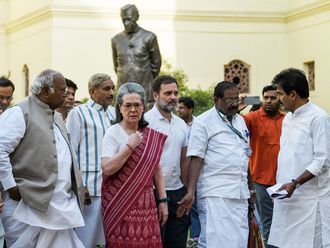
An efficient international air transport system — that will cater to the needs of business travellers and tourists and move cargo cheaply and quickly across the world — needs an "open skies" policy. An open skies policy aims to relax national rules and regulations on the commercial aviation industry, with the aim of allowing airlines to fly freely wherever they can make a profit and their services are needed. The airlines of the Gulf region, such as Emirates and Etihad, have become world-class operators under an open skies policy. They have had to invest in a modern fleet and provide a top-class service to win market share and provide their shareholders and investors with a return.
As a result, European airlines, which grew big, fat and old under national government protection and subsidies, are losing passengers and revenue and have become less competitive in these difficult economic times. Now, these airlines are blaming others for their decline. Leading the chorus is Pierre Henri Gourgeon, chief executive officer of Air France, who plans to lobby European airlines and governments to slow the encroachment of Gulf carriers into Europe. He would do better expending his energies on improving the customer service and competitiveness of his airline.
As Emirates President Tim Clarke said: "We have grown without subsidy through the success of our commercially driven business model and see no reason to apologise for what we have achieved."
In the coming months, we can expect a number of legal and underhand tricks on the part of European airlines, among others, to keep Gulf carriers out of their skies. Gulf countries must stand firm and work to ensure that the global aviation industry operates in a free market where companies and consumers can support those who best meet their needs.








